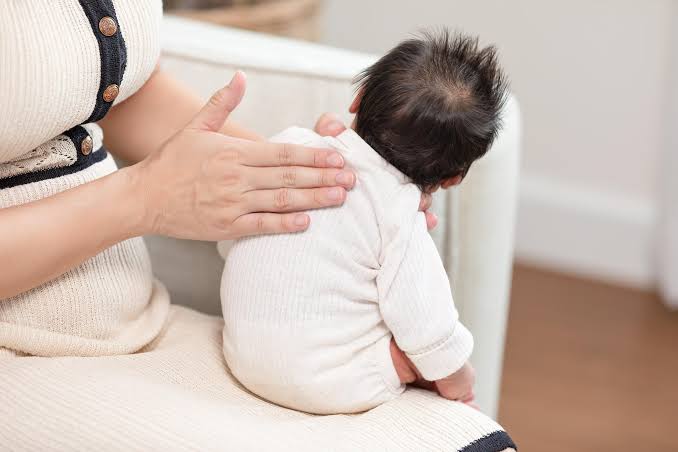A Common Concern for New Parents
You're holding your baby after a satisfying feeding session, and suddenly—hic! hic! hic!—your little one starts hiccuping. Sound familiar? Many parents wonder if it's normal or something to worry about. The good news is: hiccups are very common in babies and usually harmless.
So, What Triggers These Tiny Hiccups?
1. Air Swallowing During Feeding
Babies often swallow air while feeding, especially if they're gulping quickly or not properly latched. That trapped air creates pressure inside the stomach, irritating the diaphragm, which causes those tiny hiccups. A poor latch or fast bottle flow can make this worse.
2. Overfeeding or Feeding Too Fast
When your baby's stomach fills too much or too quickly, it presses against the diaphragm. This pressure triggers the “hic” reflex. Imagine your baby’s tiny tummy struggling to handle a full meal — hiccups are often its way of saying, “That was too much!”
3. Mild Reflux (GER)
Sometimes milk and stomach acid flow back into the baby’s esophagus, especially if they lie flat right after feeding. This reflux (gastroesophageal reflux or GER) can irritate the diaphragm, causing repetitive hiccups. While mild reflux is common in newborns, frequent discomfort should be checked by a doctor.
But Are Hiccups Dangerous?
Nope! Most of the time, hiccups are more noticeable to you than to your baby. In fact, babies often continue sleeping, smiling, or feeding even while hiccupping. As their digestive system matures, hiccups tend to decrease.
However, if your baby seems distressed, struggles with feeding, or hiccups last very long or happen too often, it’s worth mentioning to your pediatrician.
Tips to Reduce or Prevent Hiccups
Burp during feeds: Helps release trapped air from the stomach.
Feed upright: Reduces reflux and air intake.
Slow-flow nipples: Prevents gulping too fast from bottles.
Smaller portions: Avoids overfilling the stomach
Post-feed upright time: Keeps food from pushing up into the esophagus
Try to burp your baby every few minutes during feeding, not just after. Holding them upright afterward for 20–30 minutes can also work wonders.
Did You Know?
Babies can even hiccup in the womb as early as the second trimester. It's part of their normal development — so it makes sense that hiccups stick around for a few months after birth.



Reader Responses (0)